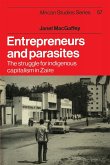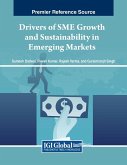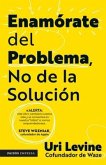Among the East European nations, Hungary has been noted in recent years for permitting, even encouraging, family entrepreneurship in agriculture. In this highly empirical study, Ivan Szelenyi and his collaborators explore this phenomenon, affording a rare view of the reemergence of private sector activity in a socialist society, and offering new insights into the very origins of capitalism. In the years since the government relaxed its policy of forced collectivization, approximately ten percent of rural Hungarian families have taken up entrepreneurial opportunities in agriculture. Why they have chosen this course--and why ninety percent of family have chosen to remain in proletarian or cadre positions--are central questions in Szelenyi's inquiry. >"This is a very, very important work, combining rich primary research by Szelenyi and four colleagues with a major 'step toward a theory of articulation of a state socialist mixed economy.' . . . Using surveys from 1972-73 and 1982-84, the authors traced life histories to identify variables that showed why families responded differently to proletarianization, formation of a new working class, or embourgeoisement."--World Development
Hinweis: Dieser Artikel kann nur an eine deutsche Lieferadresse ausgeliefert werden.
Hinweis: Dieser Artikel kann nur an eine deutsche Lieferadresse ausgeliefert werden.








